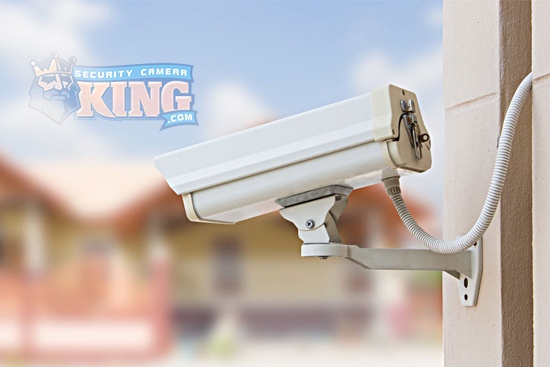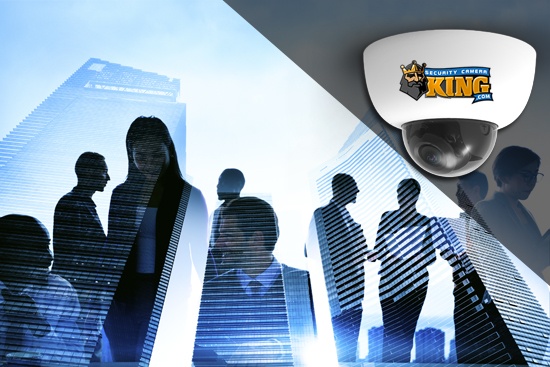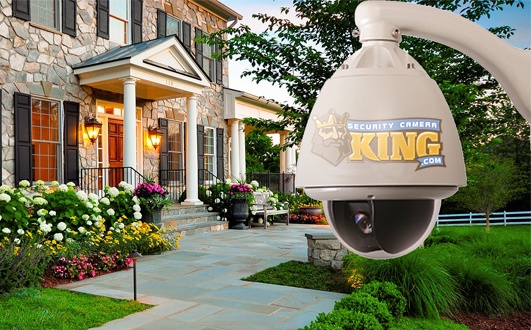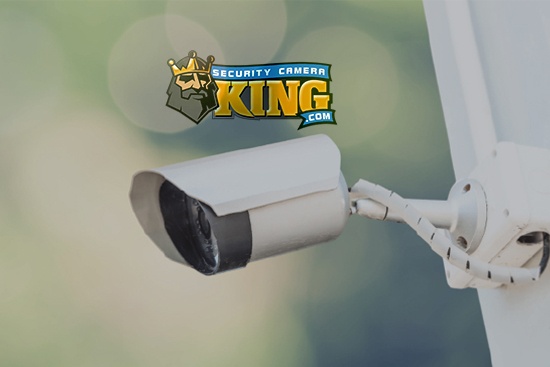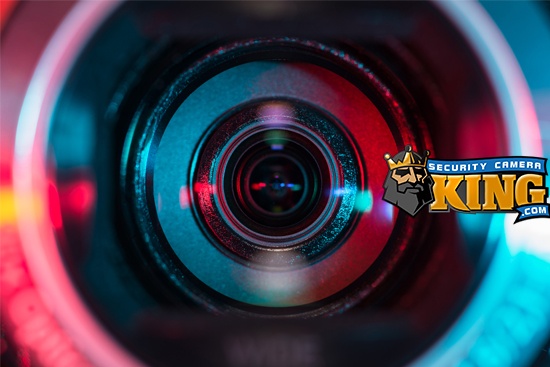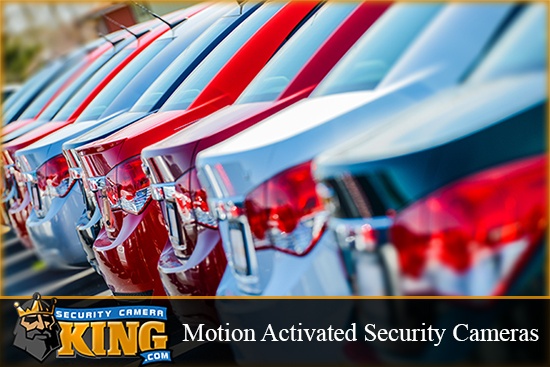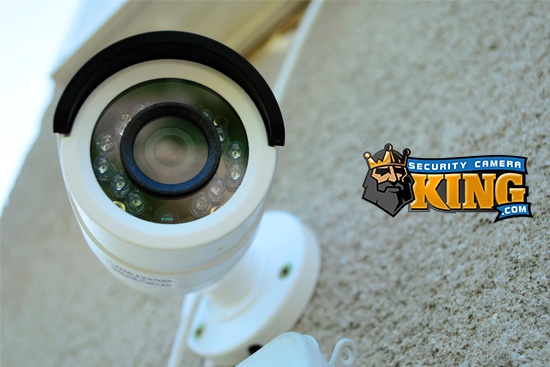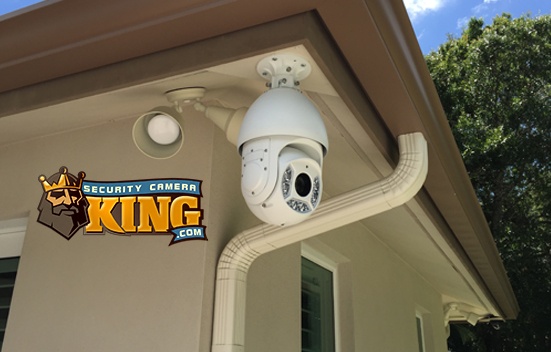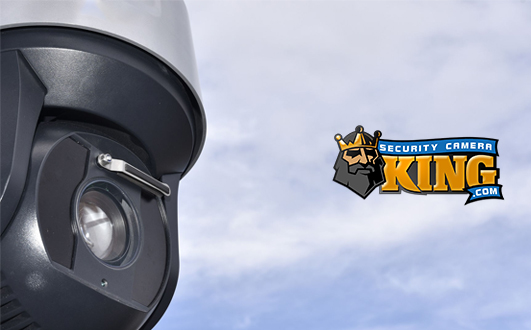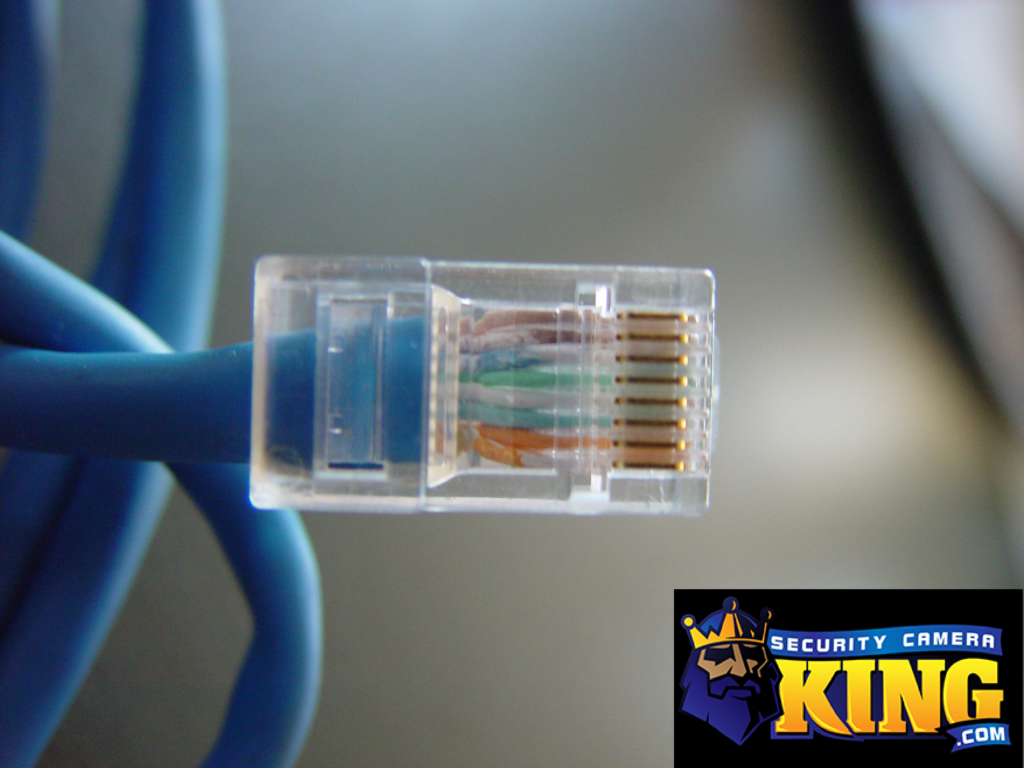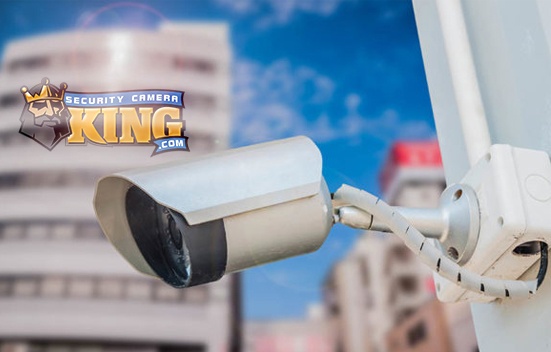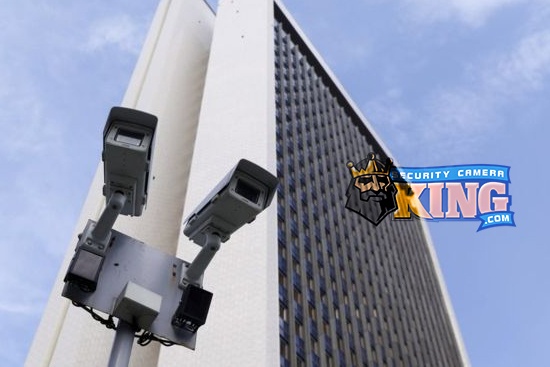Choosing the right professional security cameras for your home or business should never be taken lightly. The right security cameras can provide twenty-four-hour peace of mind while protecting the most important property, assets, and people in your life from an uncertain world.
Security cameras come in a variety of sizes, designs, and with specific functionality and capabilities, which can make sifting through all the choices challenging. Making the right choice, however, will provide countless benefits whether it’s for your home or business security.
The following article will present a number of questions you should ask yourself when considering professional security cameras for your home or business that can help you make the right choice. Although there are multiple considerations when it comes to purchasing security cameras, knowing what to ask and what to look for will make the choice easier.
Visual Deterrent Or Discretion?
Depending on what requires monitoring and where it is located will determine whether you should choose a discreet security camera or one that is obviously visible. A visible camera, such as PTZ or bullet cameras, are generally larger and easily noticed which can provide a powerful deterrent.
Studies have shown that criminals will often target the easiest locations to burglarize and will avoid homes and properties with visible security. Conspicuous cameras can deter criminals from targeting your home and business, however, in some circumstances discretion is best.
Discreet cameras such as pinhole cameras are useful for monitoring small, sensitive areas and can fit in small places to remain hidden. Some of these discrete professional security cameras are so small they can fit in the palm of a hand.
Indoor Or Outdoor Use?
Most modern cameras are capable of functioning both outside and indoors. However, the environment in which they’re used can determine what you may need. Important factors to consider are the mounting and housing.
Depending on the climate of your environment it will be important to choose a camera with a durable design that can withstand harsh environments with heavy rain or snow. Fortunately, some modern security cameras are specifically designed for particular uses. One example of this is in the transport industry.
Security cameras used in the transport industry are designed to function while withstanding high levels of vibration. Indoor security cameras can come with similar environmental features that can protect the camera from harsh conditions.
Restaurant kitchens will employ cameras that are designed to endure grease, smoke, and liquid spills. Determining what mounting and housing features you require in your home or business is an important factor in choosing the right security cameras.
How Large Is The Coverage Area?
The size of the area that you want to monitor will be one factor to consider when choosing the right security cameras and network type for your home or business. An easy way to determine the types and number of cameras needed is to draw up a blueprint of the floor area.
If the size of the area is large then PTZ cameras could be the best route to take because of their large range of view and ability to zoom in on a particular spot. Smaller areas may only require static cameras however it is important to also consider the type of network.
Most homes and businesses will require a LAN network however larger networks will need a WAN network.
How Much Image Clarity And Detail?
Modern professional security cameras are capable of producing high-resolution images unlike ever before. The resolution needed for your home or business will be determined by the size of the area you need monitored.
Small areas such as offices and similar rooms generally do not require high-resolution security cameras to effectively monitor. In contrast, a wide space such as a retail store will need cameras capable of producing higher resolution images because the area that needs to be monitored is large.
The best way to determine the image resolution you require is by assessing each space individually and making the appropriate choices. Using this method will save you money in the long term.
What Are The Lighting Conditions?
Lighting is an extremely important factor to consider when purchasing the right professional security cameras for your business or home. Whether the camera will be placed indoors or outdoors, there will be different amounts of light throughout the day and with the changing seasons.
When considering the lighting conditions it is important to determine whether the floor produces a reflection, is there a strong glare, and are there certain lighting effects that could affect the camera such as strobes? Modern night security cameras are designed to capture useable footage under a number of lighting conditions by using technology such as IR filters and artificial illuminators.
Is Audio Necessary?
Some modern security cameras are equipped with audio capabilities which can allow security personnel to hear and even speak with the perpetrators. These same audio features can include sensors that trigger recordings or alarms when noise reaches a certain level.
Although it is not necessary, integrating audio capabilities into a security camera system can add unique security benefits to protect businesses and residences alike.
Will Scalability Be Necessary?
Scalability refers to how easy it is for you to add new cameras to your overall security camera system. Traditional CCTV camera systems were limited because they functioned on a closed circuit which meant adding a new camera required hard wiring it to the overall system.
This made scaling these older cameras much more difficult compared to modern professional security cameras now available. Network IP cameras connect through a wireless network which makes adding new cameras much easier than ever before.
What Are The Video Storage Requirements?
Storing footage acquired by the security cameras at your home or business will require a DVR/NVR with the proper storage capacity. Depending on whether your security cameras will be recording twenty-four hours a day or only when motion is detected will determine the size needed.
If you plan to have the professional security cameras recording longer, then you will need a DVR/NVR capable of storing the footage which will cost more. Determining how much footage you want to capture will help you choose the right DVR/NVR while also saving you money.
Facebook | Twitter | Google+ | YouTube

